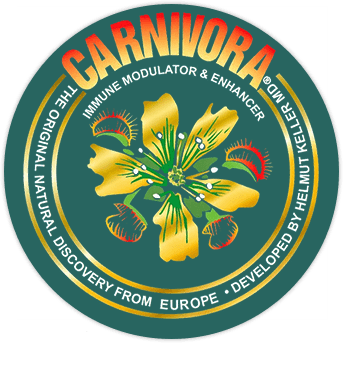Humanity’s Hero: The Mighty Honeybee
Albert Einstein once said, “If the bee disappeared off the surface of the globe, then man would only have four years of life left. No more bees, no more pollination, no more plants, no more animals, no more man.” Through their exhaustive pollination efforts that impact nearly every corner of the world, and their ability to produce a nutrient-dense class of superfoods, the impact of honeybees is directly tied to humanity’s ability to flourish and, possibly, even survive.
Pollination is the process that drives the germination of plants. It is through pollination that plants can grow and multiply. Honeybees are responsible for much of all pollination, and it is estimated that 1/3 of the world’s food supply relies directly on the honeybee’s prodigious capacity for pollination.
One honeybee can pollinate 30 flowers a minute. Here is a small listing of just some of the vegetables, fruits, seeds, and nuts grown in tropical, sub-tropical, and temperate climates that rely on the pollination efforts of honeybees:
Almonds, apples, avocados, beets, blueberries, broccoli, cabbage, carrots, cashews, celery, coconuts, cotton, cucumber, grapes, lemons, limes, mangos, papaya, pears, strawberries, and watermelon.
Additionally, honeybees produce some of the greatest superfoods in the world, and they are the only insects that produce foods for human consumption. These foods are honey, propolis, bee pollen, and royal jelly.
These nutrient-dense foods are directly linked to improving athletic performance, overcoming disease, healing the body, and improving cognitive abilities. These benefits have been known for thousands of years. Even bee stings have been used to help with arthritis (bee venom therapy), and beeswax is used to produce candles, soaps, and other valuable products. Greek philosopher Pythagoras was a regular honey consumer, and Olympic athletes used bee products throughout the early games in Ancient Greece. Hippocrates, the father of modern medicine, is thought to have used bee pollen over 2,500 years ago as part of his healing protocol.
The importance of the honeybee and its critical impact on the world in many ways cannot be overstated. If the human race will thrive in future generations, the continuation of the honeybee is essential. Honeybees have the unique ability to feed and heal the world’s people.
